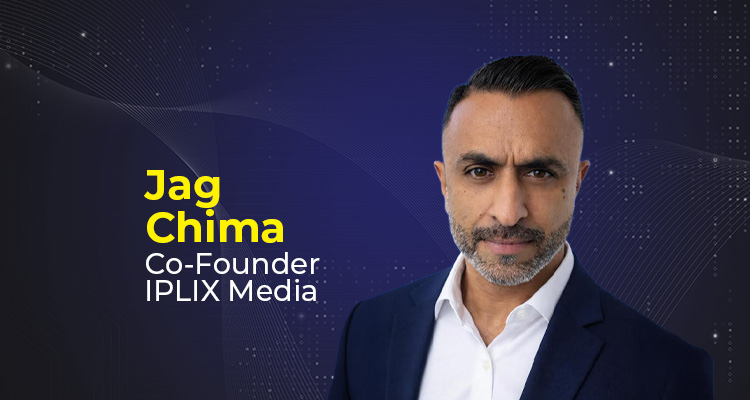What are the most common financial challenges faced by borrowers in India, and how can legal support address these issues?
A large section of India’s middle and lower-middle-class population lives paycheck to paycheck, with little or no savings. Any unexpected event such as job loss, medical emergencies, or family crises quickly pushes them into debt. To manage such unexpected expenses, many turn to unsecured loans such as personal loans and credit cards. When repayment becomes difficult, borrowers often face aggressive recovery actions and harassment. Legal support plays a vital role here, it protects borrowers from unlawful recovery practices, helps them assert their rights, and facilitates a lawful and humane resolution process.
How can borrowers protect themselves from possible harassment by recovery agents?
Borrowers must first understand that loan default is not a crime. A resolution is always possible within the legal framework. Awareness of rights is the first line of protection.
- Know the RBI guidelines – The RBI has issued clear instructions that recovery agents must not resort to intimidation or public shaming. Calls can be made only between 8:00 AM and 7:00 PM, and borrowers have the right to request communication in writing.
- Use dispute resolution mechanisms – Most loan agreements include mediation, conciliation, or arbitration clauses for resolving disputes peacefully.
- Seek legal help – Borrowers can take legal support to respond to notices, file complaints, or take action against harassment.
- Document evidence – Record calls, messages, or visits from recovery agents as proof if harassment occurs.
Understanding and exercising these rights can stop harassment and ensure fair treatment.
What are the key provisions in Indian law that protect borrowers’ rights, and how can they be effectively utilised?
Borrowers have multiple legal safeguards under Indian law:
- RBI Guidelines on Recovery Practices: These mandate fair treatment, prohibit coercive recovery, and hold lenders responsible for the conduct of their agents.
- Supreme Court Judgments: In ICICI Bank vs. Shanti Devi Sharma (2008) and Manager, ICICI Bank Ltd. vs. Prakash Kaur (2007), the Supreme Court ruled that banks cannot use goons or musclemen for loan recovery.
- Consumer Protection Act, 2019: Borrowers can file complaints for unfair trade practices or mental harassment by lenders or agents.
- Bhartiya Nyaya Sanhita (BNS): Provisions relating to criminal intimidation and harassment can be invoked if recovery actions cross legal limits.
With proper guidance, these provisions can effectively protect borrowers and ensure accountability among lenders.
How can borrowers negotiate with lenders to restructure debt?
Negotiating debt restructuring is challenging but possible, especially when handled with professional and legal guidance. Recovery agents often treat loan defaults as criminal acts, even though they are civil matters. Borrowers who are represented legally are taken more seriously by lenders and can secure more realistic repayment or settlement options.
The RBI has also laid down norms for One-Time Settlement (OTS), which lenders must follow. Legal support helps borrowers initiate OTS requests properly, document all communications, and ensure that negotiated terms are honoured.
What are the implications of defaulting on a loan, and how can borrowers mitigate these consequences with legal support?
A loan default triggers a series of recovery actions:
- First month: Payment reminders (sometimes excessive).
- Second month: Soft recovery calls (sometimes can be very aggressive and abusive).
- Third month onwards: “Hard recovery,” often outsourced to third-party agencies with commission-based agents. Such agents are not always trained to follow RBI guidelines, leading to intimidation and harassment. In addition, defaults impact credit scores, making future borrowing difficult.
With legal assistance, borrowers can intervene early, stop harassment, manage communications with lenders, and negotiate settlements or payment relief based on their actual financial situation.
What advice would you give to borrowers who are struggling with debt or facing financial harassment from recovery agents, and where can they seek help?
Borrowers should remember:
- Be aware of your rights – Don’t assume that defaulting on a loan makes you a criminal.
- Don’t lose hope – Every financial problem has a lawful solution.
- Seek legal guidance – Professional support can help you navigate recovery processes, reply to legal notices, and file appropriate complaints.
At Expert Panel, we provide end-to-end legal and financial support to borrowers, offering structured solutions instead of transactional legal advice. Our goal is to help borrowers regain financial stability with dignity.
Any additional information you would like to share beyond the above points?
At Expert Panel, we believe debt resolution should be rooted in empathy, not intimidation. Borrowers in distress deserve to be heard, not harassed. We are redefining debt resolution in India by promoting Alternate Dispute Resolution (ADR) mechanisms such as negotiation, mediation, conciliation, and arbitration, creating win-win outcomes for both borrowers and lenders without prolonged litigation. Additionally, through our social media and awareness initiatives, we are working to enhance financial literacy, as many borrowers fall into debt traps simply due to lack of understanding of loan terms or their legal rights.
Enjoyed this interview? Now imagine yours. Write to:
editor@thefoundermedia.com




